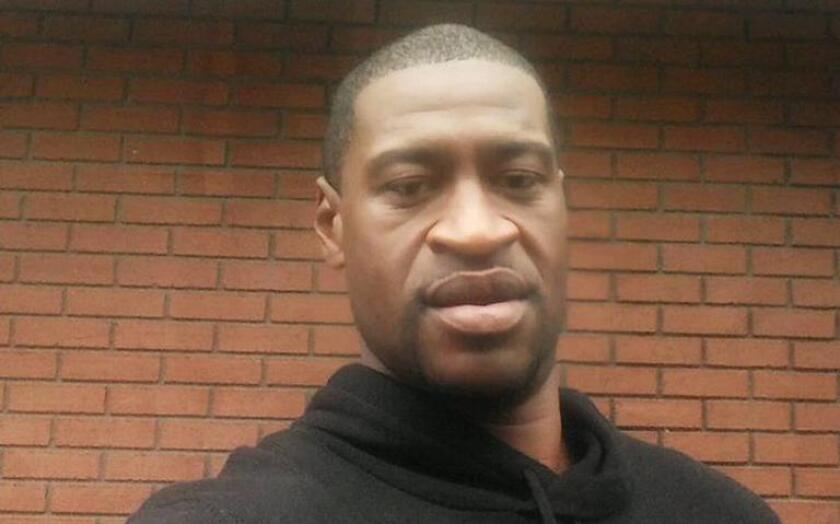ST. PAUL — Derek Chauvin will return to Hennepin County District Court on Friday, June 25, where he could be sentenced to a prison for up to 30 years for the murder of George Floyd .
His sentencing comes more than a year after he was filmed kneeling on Floyd's neck outside a south Minneapolis convenience store, setting off a wave of protests — some of which devolved into riots —and prompting nationwide calls for policing reform.
ADVERTISEMENT
The former Minneapolis Police Department officer has been incarcerated since April 20, when a jury found him guilty on all three charges: second-degree murder, third-degree murder and second-degree manslaughter.
Chauvin is being held at the Oak Park Heights correctional facility in Stillwater, Minn.

Prosecutors this month asked Judge Peter Cahill to hand Chauvin a 30-year sentence for second-degree murder, the most serious charge of the three charges, and the only one he can be sentenced on under Minnesota law.
State sentencing guidelines recommend prison sentences of 12 1/2 years for first-time offenders who, like Chauvin, are convicted of second-degree murder. But in seeking a longer sentence, prosecutors asked Cahill to consider five "aggravated sentencing factors."
Cahill in May wrote that four of the factors were proven beyond a reasonable doubt:
ADVERTISEMENT
- that Chauvin abused position of trust and authority,
- that he acted with particular cruelty,
- that acted in concert with three other individuals who all actively participated in the crime,
- and that he committed the offenses in the presence of children.
But Cahill could sentence Chauvin to a shorter term than prosecutors have requested.
Citing Chauvin's lack of a criminal history and other circumstances unique to the case, meanwhile, defense attorney Eric Nelson has asked for a lighter sentence or for Chauvin to receive probation with time served.
Like the jury selection, trial and verdict, most of Friday's sentencing proceedings will be streamed live by media organizations.
Minnesota Attorney General as a result of Floyd's murder to share community impact statements. Those statements will be provided to the court and defense, and may become part of the public record, according to Ellison's office.
Floyd's family and friends also will have the opportunity to offer victim impact statements, which Cahill can consider in Chauvin's sentence.
Chauvin, too, will have an opportunity to offer his own statement. He did not testify during the trial.
The sentencing hearing begins at 1:30 p.m. Friday at the Hennepin County Courthouse in Minneapolis.
ADVERTISEMENT
The three other officers charged in Floyd's death — J. Alexander Kueng, Thomas Lane and Tou Thao — are set to stand trial together in March 2022.








